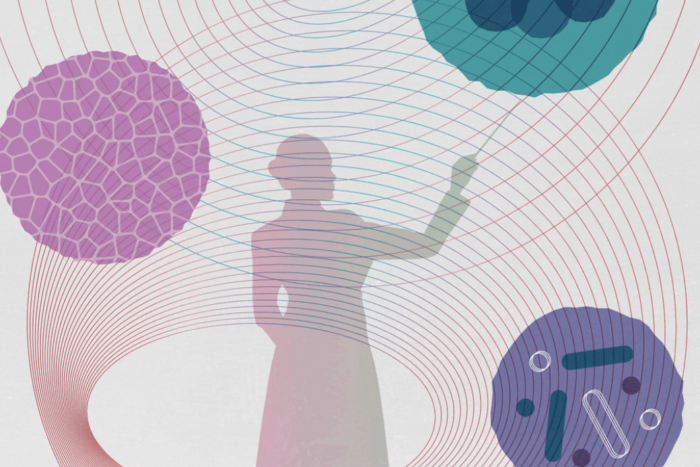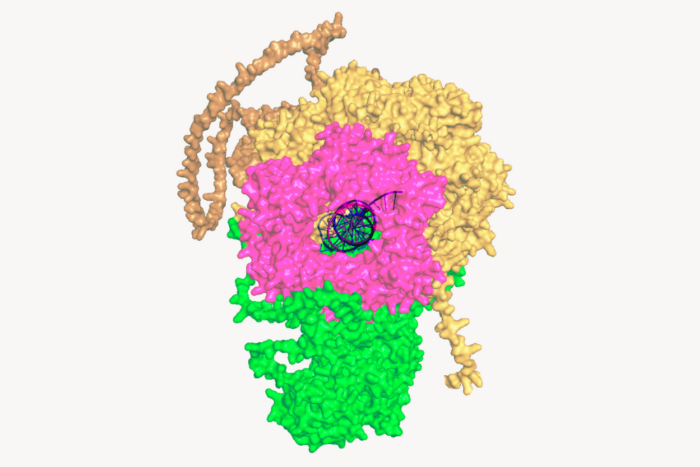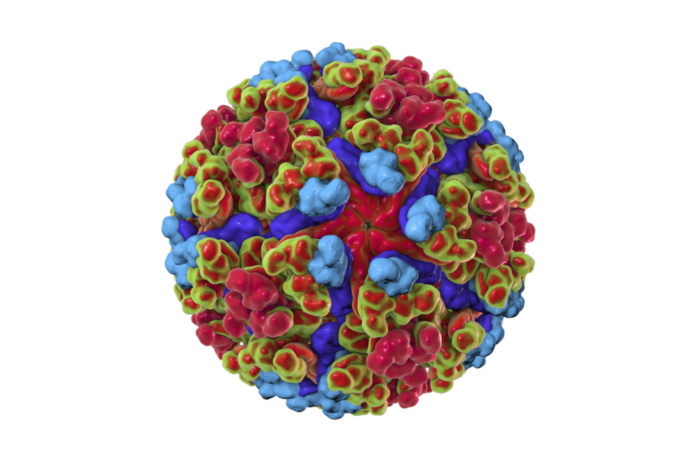Albany Medical Center Prize awarded to Luciano Marraffini
Luciano Marraffini has been named a recipient of the 2017 Albany Medical Center Prize in Medicine and Biomedical Research, one of the country’s most prestigious science prizes. Marraffini and four other scientists will share the prize for development of the genome-editing system known as CRISPR-Cas9, which in recent years has revolutionized biomedical research and provided new hope for the treatment of genetic diseases.
In 2008, Marraffini published the pathbreaking observation that CRISPR-Cas systems, first discovered in bacteria and archaea, can target DNA. Building on this observation, he suggested that these systems could be used for editing genome sequences outside of their native contexts. Then, in 2013, Marraffini reported the first successful in vivo genome-editing projects in both prokaryotes and eukaryotes, work done in collaboration with colleagues at the Broad Institute.
In the relatively brief period since those seminal findings were published, biomedical science has seen the usefulness of the new technology expand dramatically. CRISPR has now been used to create cell lines and organisms with targeted mutations, as well as to perform genetic screens for novel phenotypes by systematically turning genes on or off. CRISPR has the potential to revolutionize agriculture by introducing desired mutations into crops, and its ability to correct specific disease-causing genetic errors in humans has clear implications for improving human health.
Today, Marraffini continues to elucidate the molecular mechanisms by which CRISPR-Cas operates in bacteria. For example, his lab recently showed during what stage of infection this bacterial immune system kicks in, and discovered a way to ramp up its ability to form immunologic memories.
Established in 2000, the $500,000 Albany Prize honors scientists who have altered the course of medical research. Marraffini will receive this year’s award on September 27 together with Emmanuelle Charpentier of the Max Planck Institute in Germany; Jennifer Doudna of the University of California, Berkeley; Francisco Mojica of University of Alicante, in Spain; and Feng Zhang of the Broad Institute.
Previous Rockefeller recipients of the prize include James E. Darnell and Robert G. Roeder in 2012, Elaine Fuchs in 2011, Ralph Steinman in 2009, and Arnold J. Levine in 2001.


